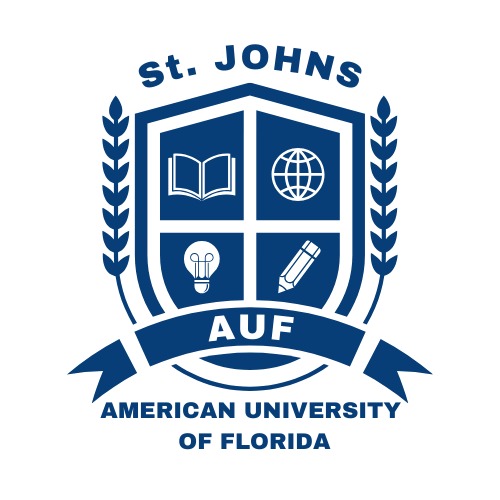Awarding a university degree signifies that a student has mastered a substantial body of knowledge and skills that are valuable to the community. Any form of dishonesty in obtaining these credentials will result in serious sanctions, including suspension or expulsion, as outlined in the Code of Ethics – Academic Integrity. Examples of academic dishonesty include, but are not limited to, cheating, plagiarism, and knowingly providing false information to a university employee.
Academic Dishonesty includes submitting work for credit in one course that has already been submitted for credit in another course. Plagiarism is defined as presenting someone else’s work or ideas as your own, without proper acknowledgment.
In academic writing, we build upon the words, ideas, and intellectual heritage of others. Scholarship involves researching, understanding, and expanding on existing work, but it also necessitates giving proper credit for any material used. Students are responsible for engaging in ethical scholarship and must be aware of what constitutes plagiarism and how to avoid it.
For comprehensive guidelines on avoiding plagiarism, please follow this link. Guidelines for Avoiding Plagiarism.
